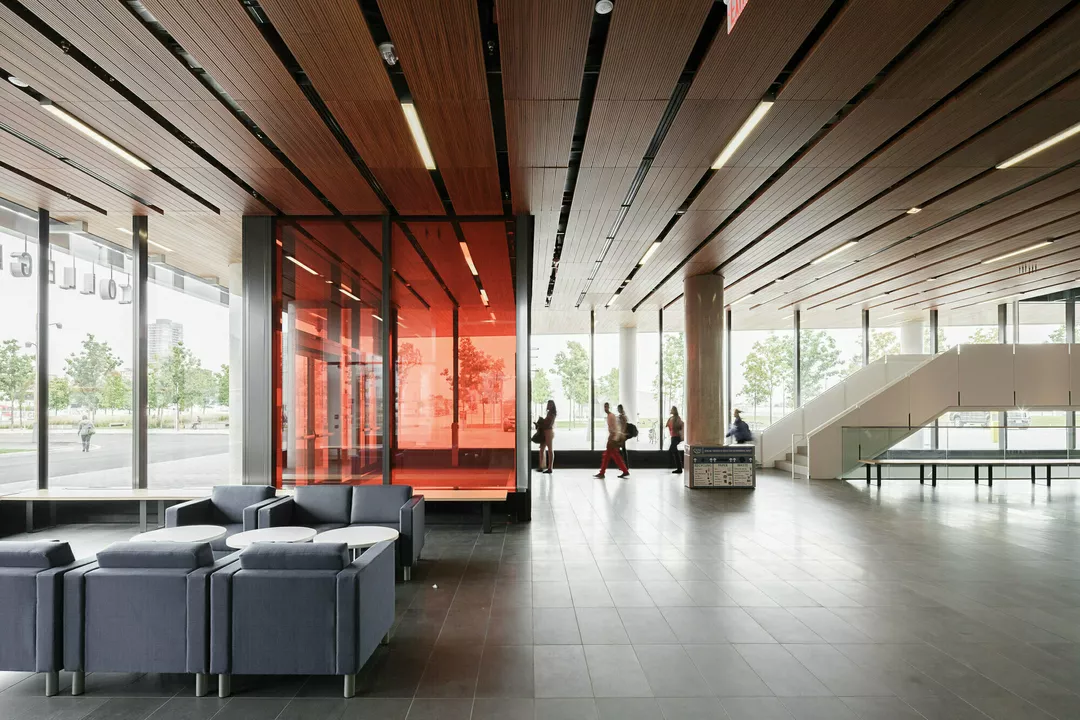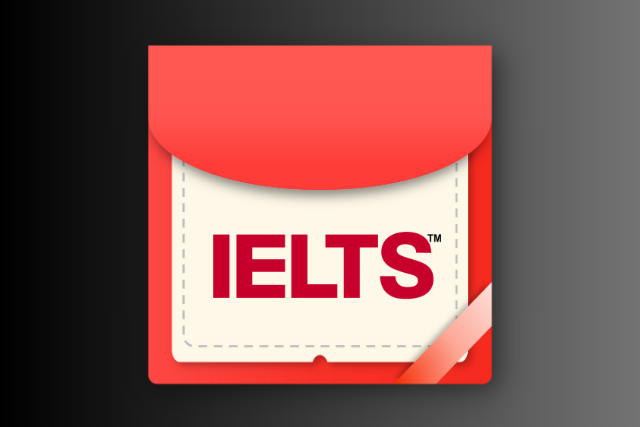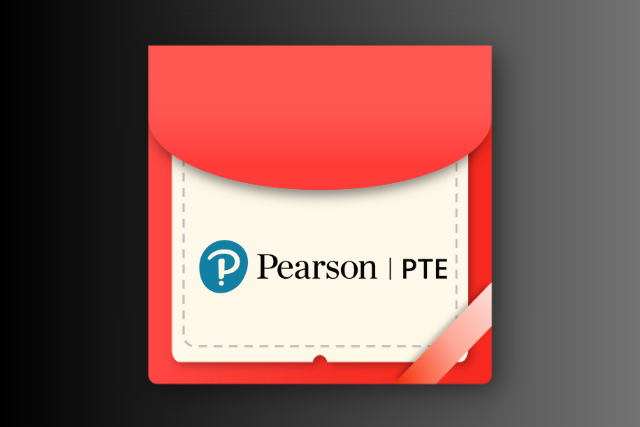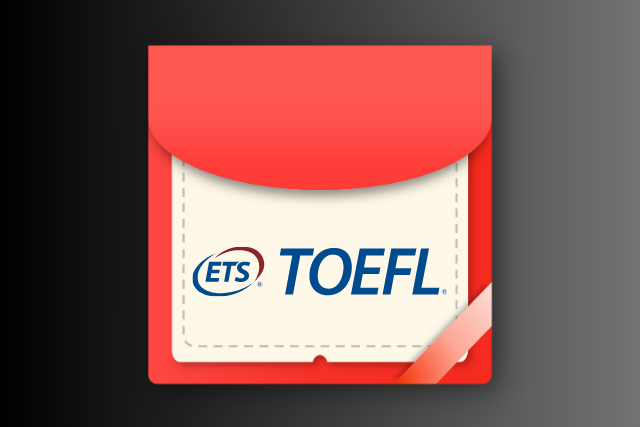
-
hello@abroadcube.com
Mail us
-
Call For Help:
98779 83783
-
Whatsapp Us
70090 34921


Please note
Services
Study Abroad ServicesCanada has 3 intakes in a year
September
It commences in the second of September. This is the significant intake for Universities across Canada. Most of the Universities have high-demand programs available in this intake only.
January
It starts in the second week of January. One of the major intake which has a high enrollment of International Students. This intake is best suited for Indian High School and College Graduates.
May
The classes start in the first week of May. The most negligible intake is where colleges have some selected programs available. It is the best option if you missed the January intake.

The score ranges between 0 to 9, where 9 is the highest achievable score. The USA, UK, Canada, Australia, and many more accept it.
The minimum overall score of 6.0 is required to be eligible for a Study Visa under the SDS category.

All countries, including the USA, UK, Canada, and Australia, accept the Computer-based exam. The exam score range is between 0 to 90.
The PTE with a score of more than 60 is accepted for the SDS category in Study Visa as per the latest rules of Rules.

The average of four module-wise scores concludes the overall score. The overall score ranges between 0 to 120.
As per IRCC, a score of 83 in TOEFL iBT is eligible for applying for a Student Visa under the SDS category.
Expenses
Total ExpenditureDue to Easy Permanent Residency options, affordable education, and diverse culture, Canada is becoming the Education Hub for International Students. Studying in Canada is affordable compared to the USA, United Kingdom, and Australia. The tuition fees for two semesters range between CA$16,000 and CA$20,000 [~₹9-12 Lakhs] for most Colleges and Universities; the rest depends on the course.
| Level | Avg Tuition | Duration |
|---|---|---|
| UG-Diploma | CAD 16,000 / year | 2-3 years |
| Bachelors | CAD 17,000 / year | 3-4 years |
| PG-Diploma | CAD 17,000 / year | 1-2 years |
| Masters | CAD 17,500 / year | 2 years |
| MBA | CAD 19,000 / year | 1.5 - 2 years |
Apart from Tuition Fees, the Living expenses are around CAD 12,000 [~₹7 Lakhs] annually, which includes rent, food, transportation, phone bills, and miscellaneous costs.

An International Student can work up to 20 hours per week while enrolled full-time and unlimited hours during semester breaks or vacations. They are free to choose the type of work and employer. On average, they get paid between CA$15 and CA$20 per hour.
It refers to jobs given by the Institution to the student on campus. The IRCC has no limitation on the number of working hours for part-time On-Campus jobs. A student can secure an average of 15 hours per week in various roles in the Student Union, Academic and Admin, and Student Engagement on campus. Most of the institutions pay equal to minimum wage for the hours worked.
Some courses in Canada require practical training in the real world along with academic learning. It is part of coursework; a student is expected to work full-time, similar to a real job. The usual length of Co-Op is around one semester or 4 months, and a valid work visa is required. Many students got full-time jobs with the same employer after their studies.

| Profession | Avg Salary |
|---|---|
| Cardiologist | $280,591 |
| Physician | $254,847 |
| Dentists | $209,373 |
| Investment Banker | $148,763 |
| Marketing Officer | $109,196 |
| Software Engineer | $143,044 |
| Pharmacist | $105,088 |
| Data Scientist | $84,630 |


| Qualification | Duration |
|---|---|
| UG-Diploma | 2-3 years |
| Associate Degree | 2 years |
| Bachelor's Degree | 3-4 years |
| PG-Diploma | 1-2 years |
| PG-Certificate | 1 year |
| Master's Degree | 2 years |
| PhD or Doctorate | 4-7 years |
English Proficiency exams such as IELTS, PTE, or TOEFL would be required to Study in Canada. The majority of the institutes waive the GRE and GMAT but are highly recommended for admission in Master's programs at Top Ranking Universities.
Documents such as Passport, Academic Transcripts, Resume/CV, Experience Letter, Certifications, Statement of Purpose, and Letter of Recommendation would be required depending on the course and university.
To Study in Canada for longer than 6 months, you have to apply for a Study Visa after receiving admission from a Canada-based University or College.
To expedite your Visa processing, you should apply your Visa under the SDS program, which comes with certain conditions and eligibility criteria.
The Visa application process is completely Online, but you might need to visit the Visa Application Center to submit your Biometrics. It is valid for 10 years.
Make sure to cross-verify your documents, application forms, and statement of purpose before submitting. The SOP plays an important role in visa decisions.
You are eligible for up to 3 years of Work Permit after graduating from a recognized Designated Learning Institute and PGWP-approved course.
For UG programs of less than 16 months, the PGWP validity will equal the program length. If it is 16 months or more, the PGWP would be 3 years.
It is an Open Work Permit, and you must apply within 180 days of completing your study and before expiring your Study Permit. If it expires, you must change your status or apply for an extension.
After gaining a minimum of 1 year of work experience with a Canadian Employer, you can apply for Permanent Residency in the Canadian Experience Class program.
Canadian Work Experience, English and French Language Skiils, and education from Canadian and Foreign Institutions are the major considerable factors for PR eligibility
You are not eligible for Permanent Residency under the Canadian Experience Class if you’re a refugee claimant, inadmissiable to Canada or worked in Canada without authorization.
The Study Visa is for international students coming to Canada for higher studies. The expiry date of the visa is equal to the completion date of the course and 6 months extra.
The Visitor visa is for tourists, families and friends coming to Canada for vacation or to meet their loved ones. The expiry date of the visa is equal to one month less than the expiry date of passport
The students who completed their higher education are eligible for up to 3 years of Work Permit. The duration of the visa depends on the duration of the course completed in Canada
The employees who got a Job Offer Letter from Canadian Employers or the spouses of the Student are eligible for an Open Work Permit. The duration of the visa depends on multiple factors.
